Birmingham auto supplier looking to add 120 jobs

Birmingham auto parts supplier Kamtek has announced a plan to expand its operations in the city with a new, $80 million manufacturing facility that Kamtek says will create an estimated 120 jobs. Al.com reports that the proposed 148,000-square-foot Pinson Valley facility would produce aluminum automotive casting parts for major auto manufacturers. The Birmingham City Council‘s budget and finance and economic development committees discussed the resolution on Monday. Al.com reports that officials plan to recommend that the full council pass the resolution on Tuesday. Company officials say they hope to choose a developer within two weeks and complete construction by July 1, 2016 before beginning production in 2017. Since 2008, Kamtek, a division of Magna International, has invested more than $470 million in its current operations. The company employs more than 900 people. Republished with permission of the Associated Press.
Alabama Legislature special session to end without budget
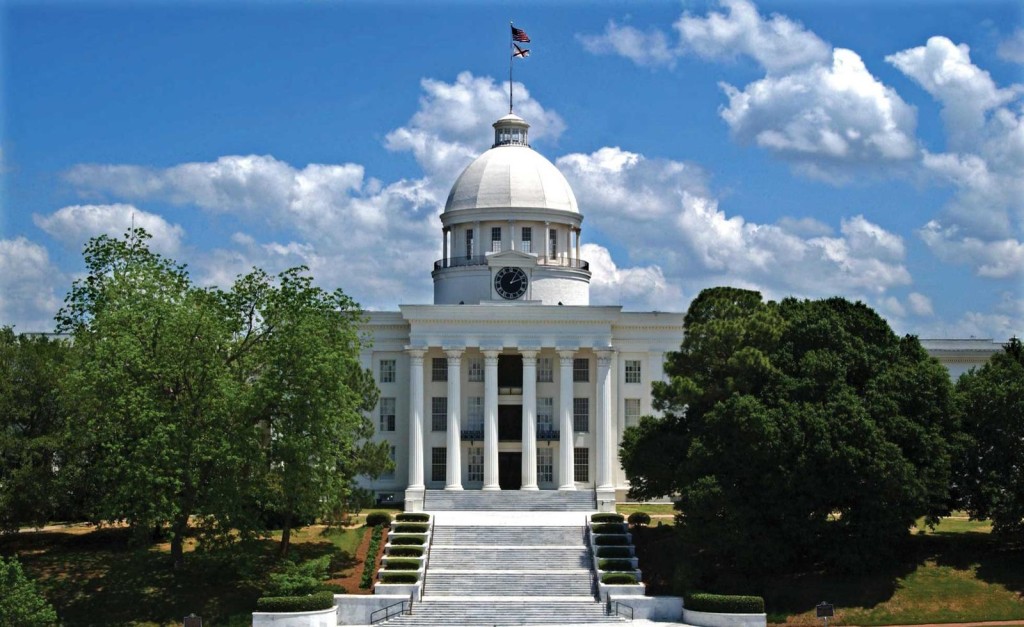
Special session number one is in the books. Bring on round two. Alabama lawmakers on Tuesday ended a special session without a budget as lawmakers remained unable to agree on taxes or cuts to address a looming fiscal shortfall. Gov. Robert Bentley said he will call lawmakers back to Montgomery in a second special session, making another attempt at persuading them to approve $300 million in tax increases to avoid reductions in state services. “The Legislature was unable to do what their only job is and that is to pass a budget. That was the reason they were called in, and they have failed,” Bentley said in a news conference outside the Alabama Capitol. “It really boils down to, are we willing to make these drastic cuts and hurt the lives of the people of this state? Are we willing to close down state parks? Are we willing to close down hospitals? Are we willing to tell the children of this state that they can’t get immunizations?” The budget debate revealed a political chasm between Republicans willing to discuss revenue options and those taking a hard line against tax increases. The GOP has a supermajority in both chambers but hasn’t been able to agree among themselves or with the Republican governor on what to do. Senators passed a cut-filled budget that House members rejected by an overwhelming 92-2 vote on Monday night. “I’ve never seen a gulf this wide. ….. We have a huge, huge personality driven conflict between the House and Senate. There’s just no way around it,” state Sen. Cam Ward, R-Alabaster, said. Legislators do agree on one thing. They are urging Bentley to wait a few weeks before bringing them back to Montgomery. “Until the dynamic changes, you’ve got the definition of insanity, doing the same thing over and over,” Senate Finance and Taxation General Fund Chairman Arthur Orr, R-Decatur, said. Bentley would not say when he would call lawmakers back, but said it would likely be in a few weeks. The session would bump up against the Oct. 1 start of the fiscal year, ratcheting up the pressure to get a budget approved. Alabama’s general fund budget faces a projected $200 million shortfall and needs additional money for Medicaid and prisons and to repay funds borrowed from state coffers. Proposals such as a cigarette tax, a soft drink tax, ending a state income tax deduction for FICA taxes paid and yanking the money from the separate education budget were floated during the special session but all failed to get enough traction to get to a floor vote. Senators, representatives and Bentley all expressed frustration. Some lawmakers said Bentley called the session too soon, before agreements were reached. Bentley said his trust level has declined as he wrangles with lawmakers. “I have been told many things that have not come to be,” Bentley said. House and Senate budget chairmen said they are trying to work on bridging divides before lawmakers return. “We’re back to square one, but I think square one is a lot clearer now,” House Ways and Means Committee Chairman Steve Clouse, R-Ozark, said. Despite two political losses under his belt, Bentley said he remained optimistic, praising senators who said they were willing to make the hard choice and vote for taxes. Republican Senate President Pro Tem Del Marsh said senators do not have an appetite for tax increases. He said lawmakers will try to arrange meeting days so they could override any gubernatorial veto of a budget in a second special session. “You’ve got to have time for an override. I don’t think the governor is going to settle for anything short of several hundred million in tax increases. I really hope this Legislature does not give that to him,” Rep. Ed Henry, R-Hartselle, said. Republished with permission of the Associated Press.
Ex-Donald Trump aide still supports businessman’s White House race
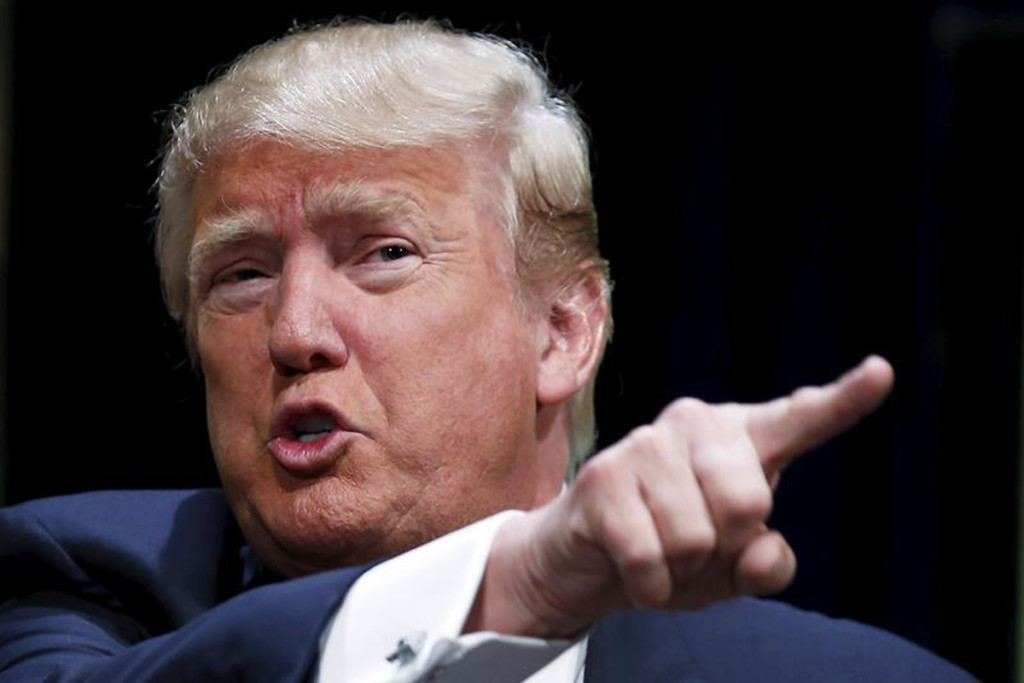
A former adviser who says he quit Donald Trump‘s presidential campaign is calling the billionaire real estate mogul the best bet to shake up a “broken” U.S. political system. Roger Stone says he resigned because he felt Trump was getting too distracted by marginal issues like his feud with Fox News personality Megyn Kelly. There have been conflicting reports about the circumstances surrounding Stone’s departure, including contentions by the campaign that he was fired. Yet Stone, who’s consulted eight presidential campaigns, says he supports Trump. He tells NBC’s Today show Tuesday that Trump is the only candidate who “has the gumption and independence” to shake up the system. Stone adds that he wishes Trump would give more attention to “big-picture issues,” in the style of former President Ronald Reagan. Republished with permission of the Associated Press.
CBS News to overhaul 2016 convention coverage

CBS News will overhaul its coverage of the 2016 Democratic and Republican conventions to emphasize participants “on the ground” rather than chatter in the network’s skybox, CBS News President David Rhodes said. Dismissing any predictions of a candidate’s selection coming down to the convention wire — “It’s not going to happen,” he said — Rhodes said there is news being made by decision-makers and others at the convention. He said his bias is toward coverage of what they are doing and saying as opposed to putting resources into the “air-conditioned skyboxes” above the convention floor that typically showcase network reporters and analysts. Traditional keynote speeches and other major scheduled events will be aired, he said. But there is an ongoing “dance” between the political parties and networks over coverage, with all involved spending “a lot of money” on the conventions, Rhodes told a TV critics’ meeting Monday. CBS is on to tap to air primary election debates for the Democratic and Republican presidential contenders, with the network airing the Nov. 14 Democratic debate and the GOP one set for Feb. 13. Both are Saturday nights, which typically attract smaller TV audiences. The moderator for each will be John Dickerson, CBS News’ political director and anchor of “Face the Nation,” Rhodes said. He was asked if CBS would limit the number of candidates, as Fox News Channel did — using poll numbers — for the first Republican candidate debate last week. The first Democratic debate is set for Oct. 13 in Nevada. In a “perfect world,” every candidate would be able to participate, he said, but a line has to be drawn given large candidate fields. He said the formula for the CBS-aired debates would be made closer to the dates. Dickerson, who recently succeeded the retired Bob Schieffer as host of “Face the Nation,” spoke with relish about covering the ’16 election, and not just because of GOP contender Donald Trump or the unexpected candidacy of Democratic hopeful Bernie Sanders. “This was going to be an exciting election before it became the Summer of Trump,” because both parties will be picking candidates in the absence of an incumbent president running, Dickerson said. Add to that the feeling of many Americans that politics is “rigged” against them and their worries about major issues including terrorism and it makes for an energized political climate, he said. Republished with permission of the Associated Press.
Rick Perry’s cash-strapped 2016 campaign stops paying staffers
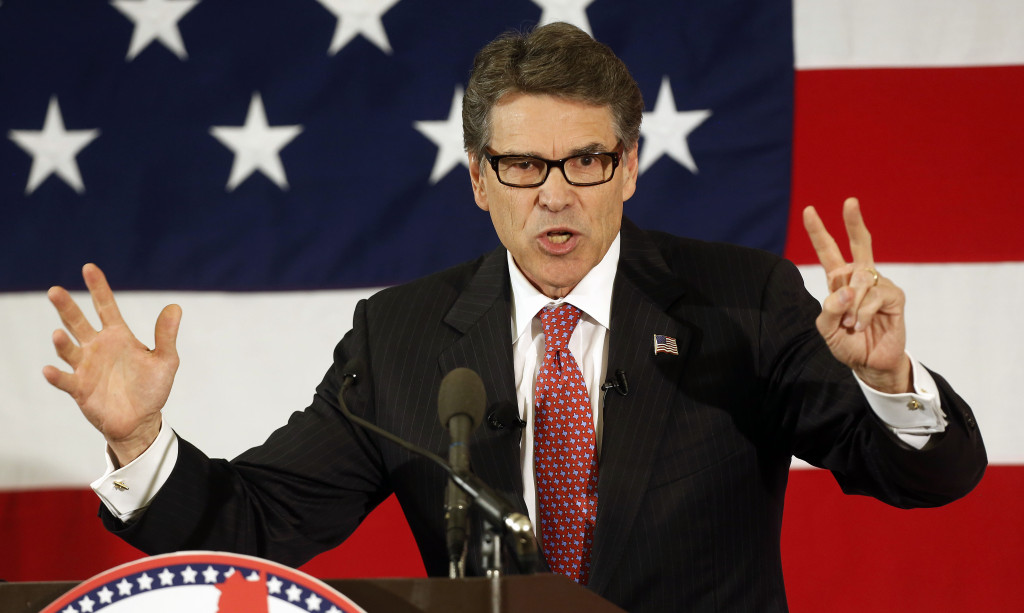
Former Texas Gov. Rick Perry has stopped paying his presidential campaign staff amid slow fundraising that has left his 2016 bid starving for cash barely two months after it began. Texas’ longest-serving governor raised only about $1 million in the first four weeks of after formally entering the race on June 4, which apparently is not enough cash to cover his staffing expenses. Perry’s Iowa state chairman, Sam Clovis, said Tuesday he was on a conference call with Austin campaign headquarters Monday night where staffers were told pay would be suspended. Few details were provided, and Clovis said he didn’t seek more. But he said he’ll keep working for Perry as a volunteer and didn’t know of any Iowa staff who was leaving the campaign. “I’m not going to change what I’m doing. I didn’t come on for the money in the first place,” Clovis said. “I know everything there is to know about running a campaign with very little money.” He said Perry can keep campaigning as long as he “can put gas in the truck.” Staff elsewhere, including in South Carolina, say they’re also staying put as volunteers, at least for now. Meanwhile, Perry-aligned super PACs have raised about $17 million. They say they can keep Perry afloat through the Iowa caucuses, which open the presidential nominating season in February. Perry barely missed finishing in the top 10 in a collection of national polls and therefore was not on the main stage at last Thursday’s debate. Republished with permission of The Associated Press.
State raises PACT pre-paid college plan payments, may clear the path for more
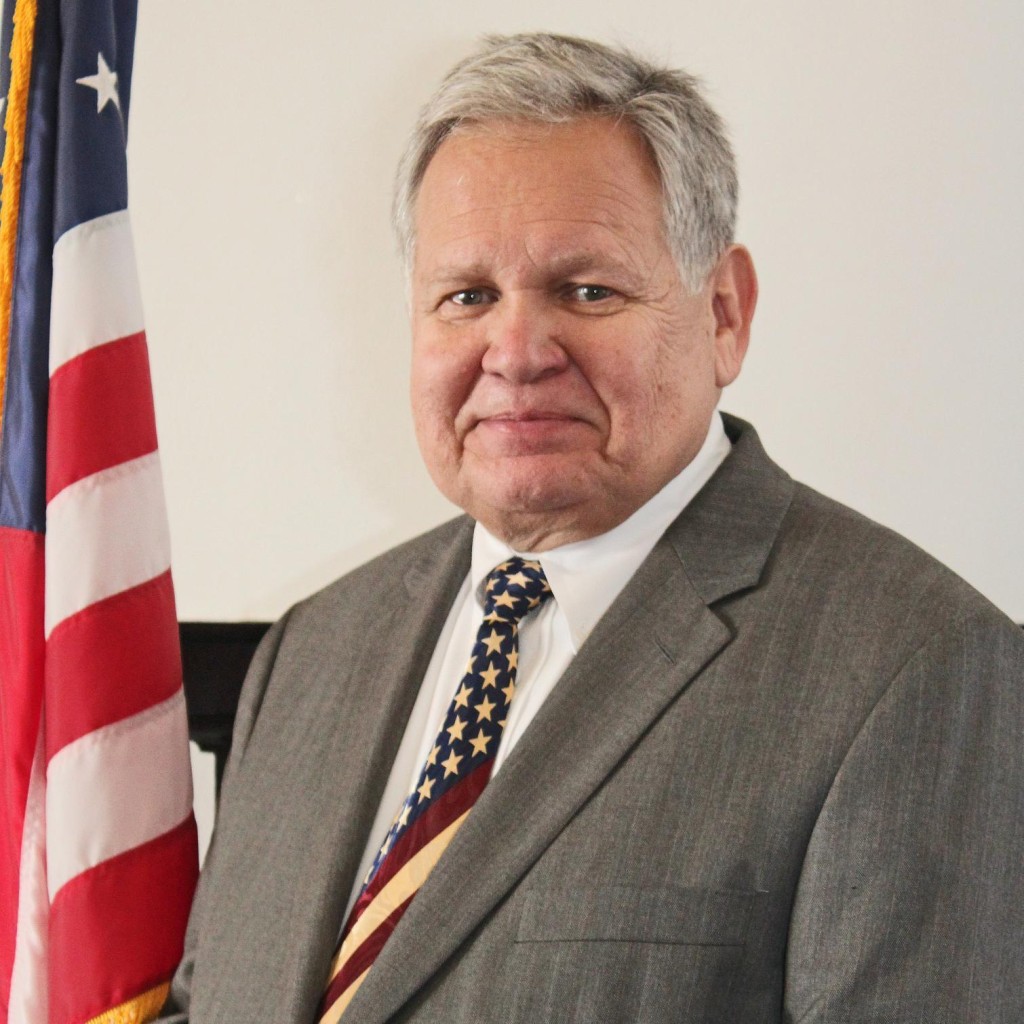
State Auditor Jim Zeigler on Monday lauded a move by a state higher education board to raise tuition payments to families who have purchased PACT – or Pre-paid Affordable College Tuition – plans that allow parents to lock in an affordable four-year college program in exchange for paying ahead. The program had fallen on hard times, going insolvent in 2009 and freezing the rates of its tuition payments. Zeigler, an advocate of using a “modest portion” of money from a BP settlement stemming from the 2011 Gulf oil spill to fully restore the “PACT” tuition payments, says Monday’s decision “opens the door for other increases,” including, possibly, full tuition at 2015 levels. “Some leaders in Montgomery had been saying that a previous settlement of PACT litigation means that no increase can legally be made. That is obviously not true given the 3% increase,” Zeigler said. Zeigler said that while he is glad the state board has seen fit to use the somewhat improved budgetary position of Alabama to remediate what the auditor has called a “wrong,” he will continue to lead a push for legislation or executive action that ties future payments to the contemporary rate of tuition that Alabama colleges and universities are actually charging. “The 3% increase is a tiny step in the right direction,” Zeigler said. “It does clear up some misconceptions that could aid our fight for full payment as promised.” Zeigler, a retired attorney, has a personal as well as a public policy stake in the issue: he purchased two PACT plans – 16 and 11 years ago, respectively – and hopes to see them eventually pay the full cost of college for his two daughters. A Montgomery ethics panel recently ruled that that arrangement does not violate state ethics laws, because his stake is one he has in common with so many other citizens and because that stake is equal to other participants in the program. “This is a wrong that needs to be righted,” Zeigler told ALToday.com last month. “The BP money may be the last chance to provide the full tuition that these families paid for and based their planning on.”
Jeb Bush links Hillary Clinton to rise of Islamic State
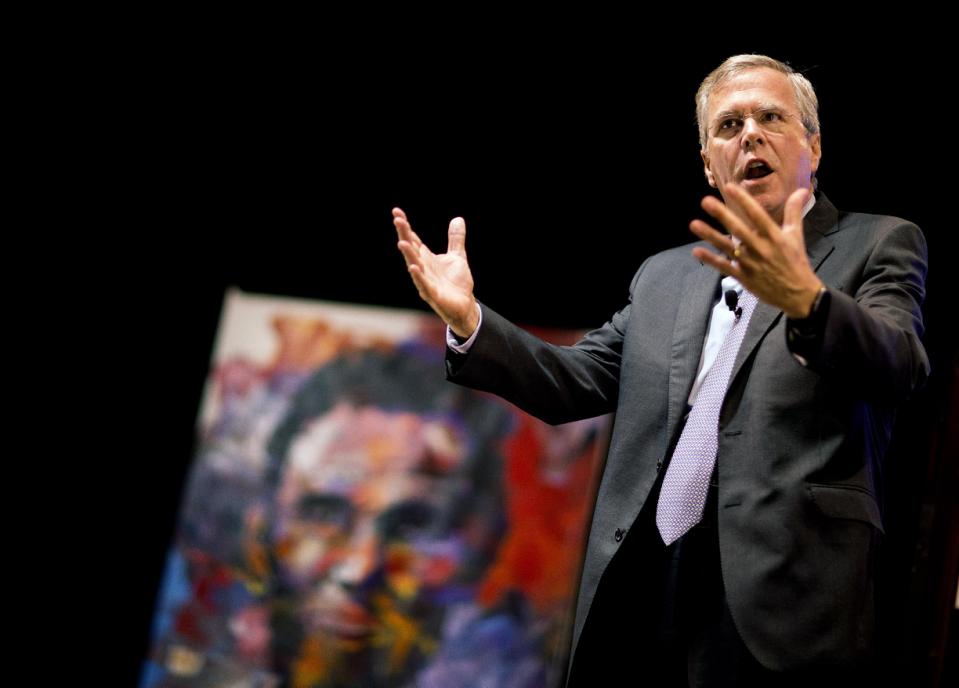
Republican presidential candidate Jeb Bush will step up his criticism of Hillary Rodham Clinton and her tenure as secretary of state on Tuesday, arguing in a speech on foreign policy the Democratic front-runner shares in the mistakes that he says led to the rise of the Islamic State. The former Florida governor will also call for a renewed sense of U.S. leadership in the Middle East, which he says is needed to defeat the militant group and an ideology that “is, to borrow a phrase, the focus of evil in the modern world.” “The threat of global jihad, and of the Islamic State in particular, requires all the strength, unity and confidence that only American leadership can provide,” Bush will say, according to excerpts of his remarks as prepared for delivery. In a speech at the Ronald Reagan Presidential Library in Simi Valley, California, Bush plans to tie the rise of the militant Sunni group to the departure of U.S. forces from Iraq in 2011. IS occupies a large swath of Iraq and Syria, and has a presence elsewhere in the Mideast. “ISIS grew while the United States disengaged from the Middle East and ignored the threat,” Bush will say. “And where was Secretary of State Clinton in all of this? Clinton, he says, “stood by as that hard-won victory by American and allied forces was thrown away. In all her record-setting travels, she stopped by Iraq exactly once.” American troops left Iraq in December 2011 as required under a 2008 security agreement worked out by former President George W. Bush. Both countries tried to negotiate plans to keep at least several thousand U.S. forces in Iraq beyond the deadline to help keep a lid on simmering tensions among Islamic sects. The Iraqi government refused to let U.S. forces remain in their country with the legal immunity President Barack Obama’s administration insisted was necessary to protect them. Obama, who campaigned for president on ending the war in Iraq, took the opportunity to remove U.S. forces from the country. “It was a case of blind haste to get out and to call the tragic consequences somebody else’s problem,” Bush will say. “Rushing away from danger can be every bit as unwise as rushing into danger, and the costs have been grievous.” Since last year, after the Islamic State gained a foothold in Iraq and Syria, Obama has ordered the deployment of about 3,500 American military trainers and advisers who are helping Iraqi forces fight the Islamic State. But despite 6,000 airstrikes flown by U.S. and allied forces on Islamic State positions over the past year, American intelligence agencies recently concluded that the group remains a well-funded extremist army able to replenish its ranks with foreign fighters as quickly as the U.S.-led coalition can eliminate them. Meanwhile, the group has expanded to other countries including Libya, Egypt and Afghanistan. Bush has yet, either on the campaign trail or in the preview of his Tuesday speech released by his campaign, to say exactly what a U.S.-led campaign against the Islamic State would look like if he is elected president. That includes saying how many U.S. forces he would potentially seek to return to Iraq, although he has said he supports allowing U.S. military personnel to join Iraqi fighters in guiding airstrikes, which they are barred from doing now. Bush has said he supports a no-fly zone in Syria, but has not suggested U.S. advisers or fighters deploy to Syria. Bush is addressing what polls show to be Republicans’ top concern, national security and terrorism. But while 60 percent of Americans said the effort to stop the Islamic State was going badly in a CBS News poll taken the first week in August, they were split on whether U.S. ground troops were the answer: 46 percent for, 45 percent against. “American voters are worried about getting back in,” said Elliott Abrams, a deputy national security adviser under George W. Bush who is now advising Jeb Bush, among other Republicans. “But Gov. Bush is certainly making no effort to avoid the issue. And he doesn’t seem to think he ought to shy away from it because his name is Bush.” Several other GOP candidates have criticized Obama’s actions and call generally for a more aggressive U.S. posture. South Carolina Sen. Lindsey Graham has been the most specific, calling for up to 20,000 U.S. ground troops in Iraq and Syria and a U.S.-led force to maintain stability afterward. “If you don’t do what I’m talking about, you’re not serious about destroying ISIL,” Graham told The Associated Press Saturday, using one of the Islamic State’s several acronyms. Republished with permission of The Associated Press.


